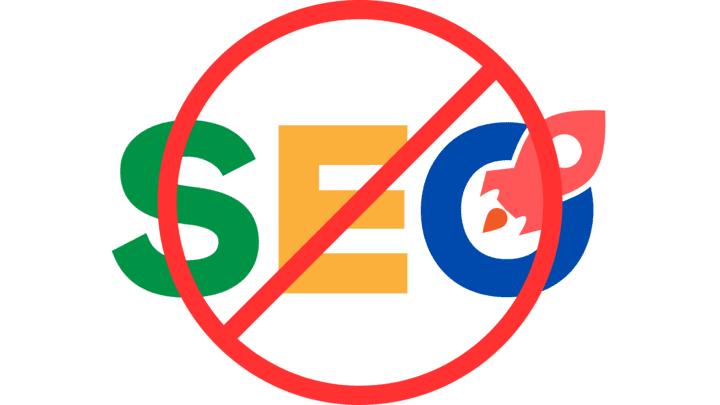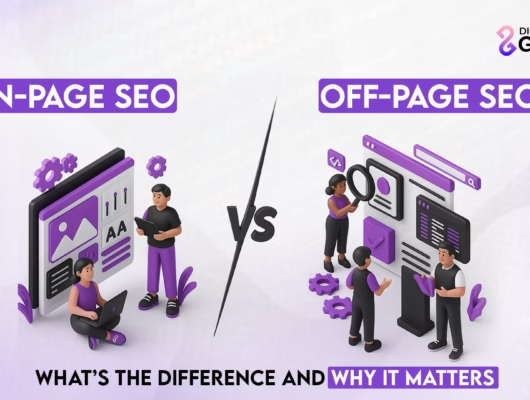Search Engine Optimization (SEO) is often hailed as the holy grail of online visibility and success. However, it’s not a one-size-fits-all solution. There are scenarios where investing heavily in SEO might not yield the desired results. In this article, we’ll explore situations when SEO might not be the best strategy for your business.
- Short-Term Promotions or Events
The best way to predict the future is to create it.
- Abraham Lincoln
If you’re running a short-term campaign, event, or promotion, pouring resources into SEO might not be the most effective use of your budget. The time and effort it takes to see substantial SEO results could be better allocated toward immediate advertising or social media efforts.
- Limited Budget with Urgent Results
It's not the size of the dog in the fight, it's the size of the fight in the dog.
- Mark Twain
SEO is a long-term game. If you’re working with a limited budget and need immediate results, investing in paid advertising or social media marketing might offer more instant gratification. SEO’s impact tends to accrue over time.

3. Highly Niche or Local Audience
The riches are in the niches.
- Peter Drucker
For businesses serving an extremely niche or localized market, the competition for SEO rankings might be relatively low. In such cases, a strong presence on local directories, social media, and community engagement efforts might be more effective than an extensive SEO strategy.
- Unoptimized Website or Poor User Experience
Your website is the center of your digital eco-system, like a brick and mortar location, the experience matters once a customer enters, just as much as the perception they have of you before they walk through the door
- Leland Dieno
If your website is not optimized for user experience or mobile-friendliness, investing in SEO might not bring the desired results. Search engines like Google prioritize websites that offer a seamless browsing experience.
- Content Quality or Relevance Issues
Content is anything that adds value to the reader’s life.
- Avinash Kaushik
If your website lacks high-quality, relevant content, SEO efforts may fall flat. Search engines prioritize content that is valuable to users. Focusing on content creation and refinement should be a priority before diving into extensive SEO endeavors.
- Highly Regulated Industries
The more you engage with customers the clearer things become and the easier it is to determine what you should be doing.
- John Russell
In industries with strict regulations, such as pharmaceuticals or finance, SEO efforts might be limited. Compliance issues can restrict the type of content and strategies you can employ.
- Frequent Algorithm Changes in Your Industry
Adapt or perish, now as ever, is nature's inexorable imperative.
- H.G. Wells
Certain industries experience rapid and unpredictable shifts in search engine algorithms. Keeping up with these changes can be resource-intensive. In such cases, focusing on a diversified marketing strategy might yield more stable results.
Conclusion: A Strategic Approach to SEO
While SEO is a powerful tool for many businesses, it’s not always the optimal strategy. Understanding your specific circumstances, goals, and audience is crucial in determining whether SEO aligns with your business objectives. By taking a thoughtful and strategic approach, you can ensure that your resources are invested where they will have the greatest impact.






